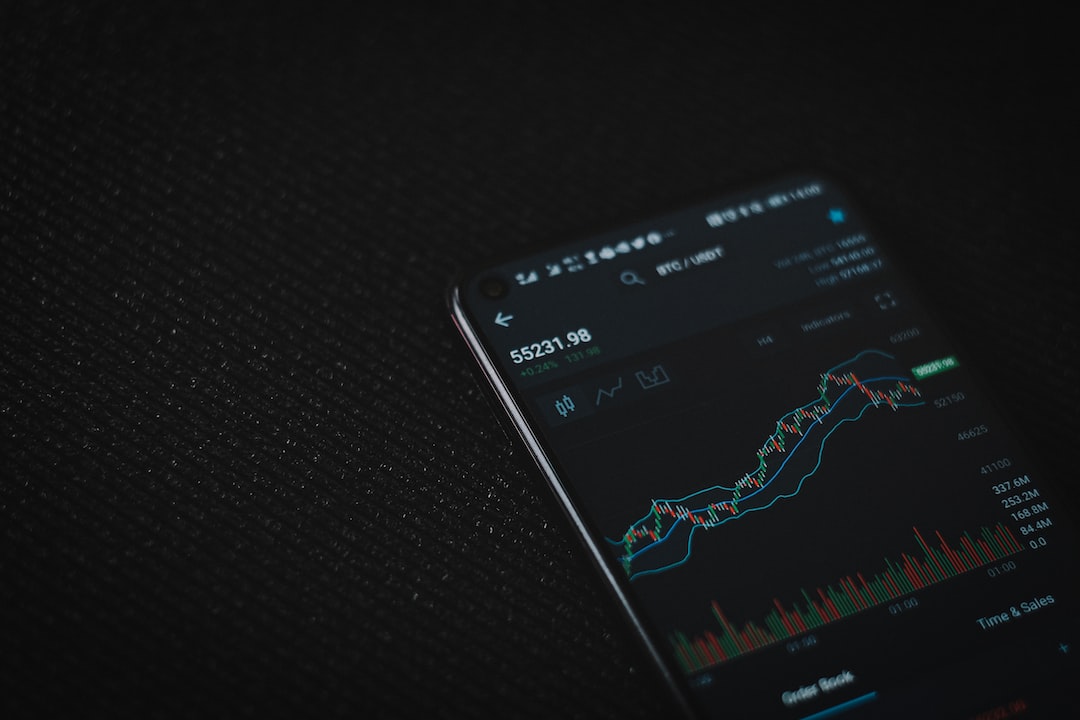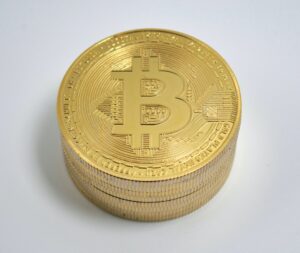The foreign exchange market, also known as forex, is the largest and most liquid financial market in the world. With trillions of dollars traded daily, forex plays a crucial role in the global economy. Over the years, technology has revolutionized the way forex trading is conducted. This article will explore the role of technology in global forex trade, focusing on the trends and innovations that have shaped the industry.
One of the significant advancements in forex trading is the introduction of online trading platforms. In the past, forex trading was primarily conducted through phone calls or in-person transactions. However, with the advent of the internet, traders can now access the forex market from anywhere in the world with an internet connection. Online trading platforms provide real-time quotes, charts, and analysis tools, empowering traders to make informed decisions.
Mobile trading applications have also played a pivotal role in the evolution of forex trading. As smartphones became more prevalent, forex brokers launched mobile apps that allow traders to trade on the go. These apps provide the same functionalities as desktop platforms, enabling traders to execute trades, monitor their positions, and access market news and analysis from their smartphones or tablets. Mobile trading has made forex trading more accessible and convenient for traders, contributing to the growth of the market.
Another significant trend in global forex trade is the rise of algorithmic trading, also known as automated trading or black box trading. Algorithmic trading involves using computer algorithms to execute trades based on predefined rules and conditions. These algorithms can analyze vast amounts of data and execute trades at lightning speed, far beyond the capabilities of human traders. Algorithmic trading has become prevalent in forex markets, accounting for a significant portion of the trading volume. This trend has led to increased market efficiency and liquidity.
Artificial intelligence (AI) and machine learning have also made their mark in the forex industry. AI-powered trading systems can analyze market data, identify patterns, and make trading decisions without human intervention. Machine learning algorithms can adapt and improve over time based on feedback and market conditions. These technologies have the potential to revolutionize forex trading by automating complex strategies and reducing human bias. However, it is essential to note that AI and machine learning are still in the early stages of adoption in the forex market, and their full potential is yet to be realized.
Blockchain technology, the underlying technology behind cryptocurrencies like Bitcoin, has also made its way into the forex market. Blockchain offers decentralized and transparent transactions, which can enhance the security and efficiency of forex trading. Blockchain-based platforms can eliminate the need for intermediaries, such as banks, in settling forex transactions. This technology also enables faster and cheaper cross-border payments, which can benefit traders and businesses involved in international trade. While the adoption of blockchain in forex is still in its early stages, it has the potential to disrupt traditional forex trading systems.
In conclusion, technology has played a pivotal role in the evolution of global forex trade. Online trading platforms, mobile applications, algorithmic trading, artificial intelligence, and blockchain technology have all contributed to the growth and innovation in the industry. These trends and innovations have made forex trading more accessible, efficient, and secure. As technology continues to advance, it will be interesting to see how it further shapes the future of forex trading. Traders and investors must stay informed and adapt to these technological advancements to stay ahead in this ever-evolving market.





